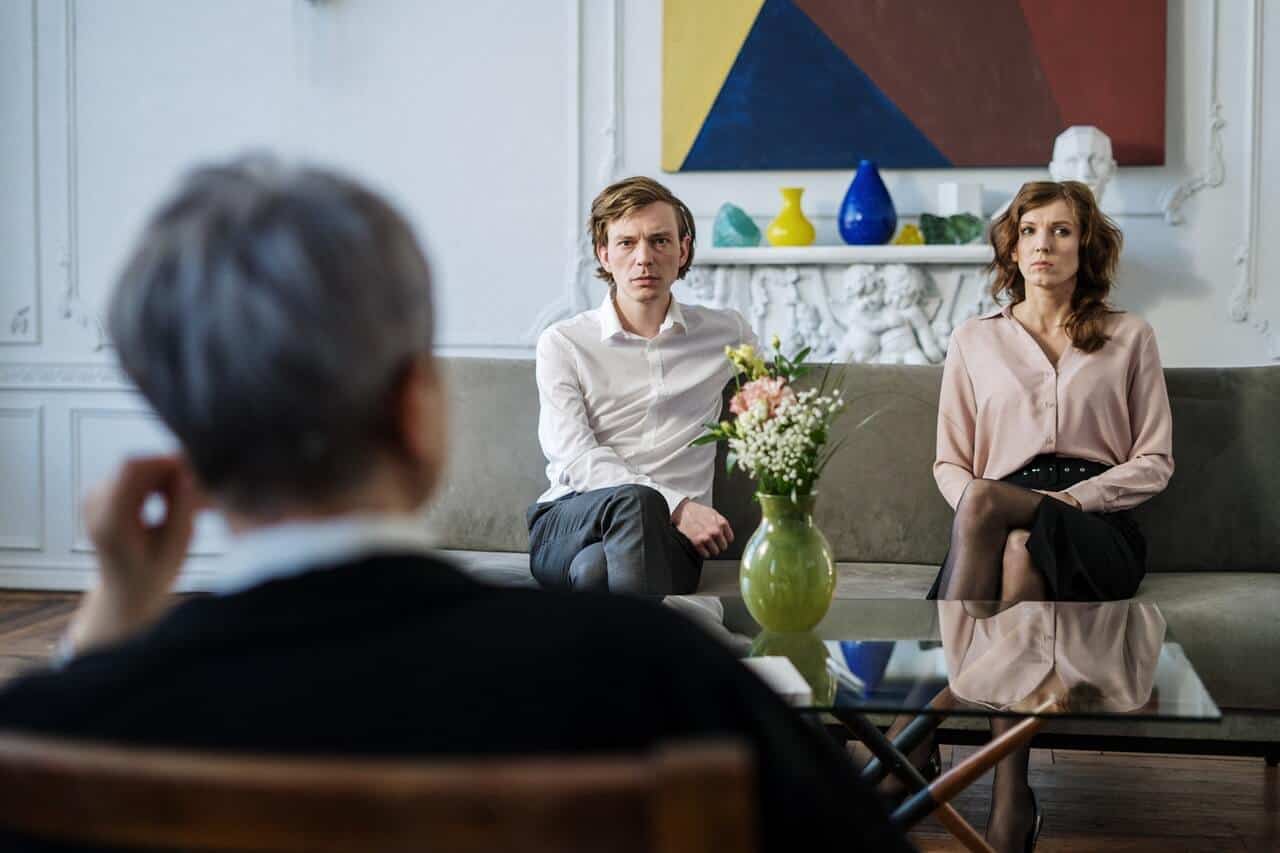‘I have therapy’ is not something you will hear many people openly admit. Even when I use the word ‘admit’, I wonder why I did that? It implies you have done something wrong. Yet I think that is the taboo with having therapy. It is perceived to be something we cannot talk about; to be ashamed of even. This saddens me and even more so concerns me. Because I believe that counselling matters.
I chose to write this piece to hopefully dispel some of the myths surrounding therapy. It is because of my experiences that I have a strong desire to help others with their psychological and practical issues.
The ‘wounded healer’ theory says that the pain of the healer is the source of their power to heal others and that the healer’s own experiences form the foundations of their empathy with clients and their ‘wounds’. I am using my experiences to help others. I have been both the client and in turn the therapist.
I will tell you why counselling matters by telling you about counselling matters:
Why therapy is important?
Going through fertility treatment, it can feel as though life is on hold and it is hard to move forward or plan a future. People may feel as though they cannot confide in anyone who will understand what they are going through. Counselling is an opportunity to explore emotional difficulties, fears, and anxieties, or distress that may be experienced during a persons’ fertility journey.
No way out
Fertility difficulties can leave you feeling trapped, with no way out. Every day can feel like a battle, leaving you with feelings of sadness and despair. Counselling can offer you a safe space to talk. It gives you a unique opportunity to explore your thoughts and feelings in a non-judgemental environment. It provides you with emotional support while you are going through a difficult time.
To give somebody the chance to be seen and heard is a great gift and one which many people have not had until they come to therapy. The aim is to help clients help themselves to become more comfortable with their feelings; to know they are not alone nor do they have to be.
What happens in a couselling session?
This is time for you to:
Talk about what is on your mind
Having fertility difficulties is one of the most challenging life experiences. This can have a significant impact on your emotional and physical well-being, your personal and professional relationships, your sense of self and confidence. People often experience a feeling of loss and a sense of isolation. Therefore it is not uncommon for individuals or couples to feel overwhelmed at some stage and seek support to help them address this range of difficulties.
The therapist will listen, reflect upon what you have to say and offer empathy. They will normalise and validate all the feelings you are going through.
Counselling enables you to develop a clearer understanding of yourself and your needs and a better awareness of your emotional responses to your difficulties. This process then can help you develop more effective coping mechanisms.
Feelings and thoughts are explored. What is important is that it helps you realise and accept that you do not have to struggle on your own.
It is an exhausting time and there are lots of things which are difficult to come to terms with and it is completely normal to experience feelings of distress, loss, anxiety and frustration. All these feelings can be overwhelming and painful to deal with.
Counselling is vital, it gives you a confidential safe space and some support during what may be a very difficult time.
No ‘one size fits all
There are different types of therapy which offer their own unique approach. As a result there is a type of therapy to suit each individual and can be catered to suit their needs. Just as there are different therapies, there are different types of therapist. It is recommended that time is taken to look for the therapist whom you feel most comfortable to work with. Everybody will be looking for something different from their therapist and the person you choose to work with is important to the work you will then do together.
How long will therapy last?
The answer to this is really up to you and something to be discussed with your therapist. It may be that you agree to start on a short term basis and change to longer term. Other people may end therapy and then six months or even a year or two later have top-up sessions. What is important to know is that once opened, the door does not need to be closed until you feel ready.
What is the cost of therapy?
This again will be discussed between you and your therapist. It will also be written on their website (if they have one). Often there is a sliding scale and some will offer reduced fees for students upon request.
A problem shared is a problem halved?
Although I do not agree with this, I do believe that taking that first step towards seeking help always hard. However, therapy can be taken at your own pace and I firmly believe that from that first step, baby steps can be taken in order to gain a better understanding and more clarity of how you feel which will help you take more self-assured steps in the future.
Now I have shared my thoughts perhaps it’s time you started to do the same………
I would encourage anybody who is considering counselling to give it a go. The journey a person goes on in therapy cannot always be put into words; it is such a personal experience that each individual will gain their own positives from it. It is not easy; there will be some really painful times. Yet the benefit in sharing and having somebody to rely on who will be there for you and to listen is invaluable.
Jane Newman
Counsellor
www.janenewmancounselling.com


